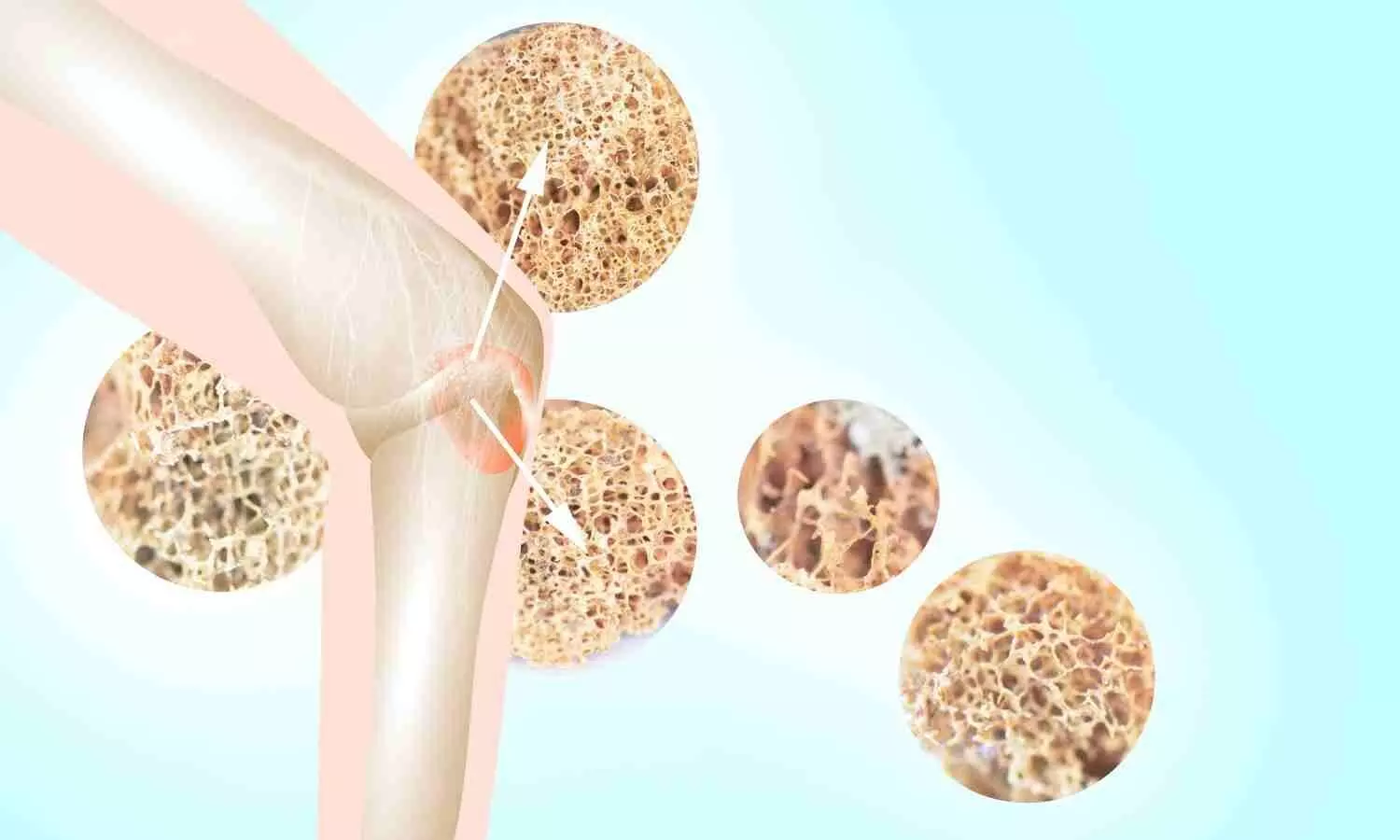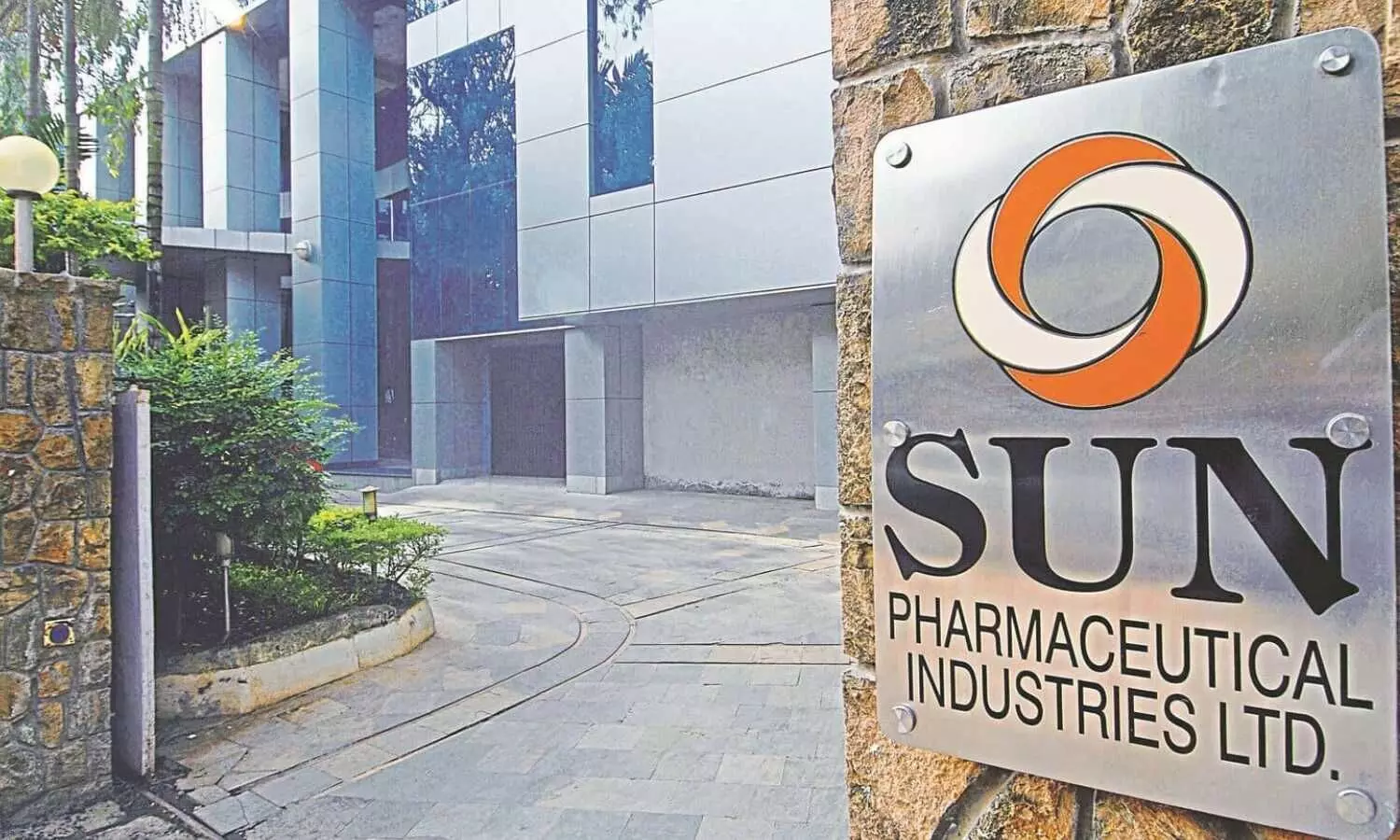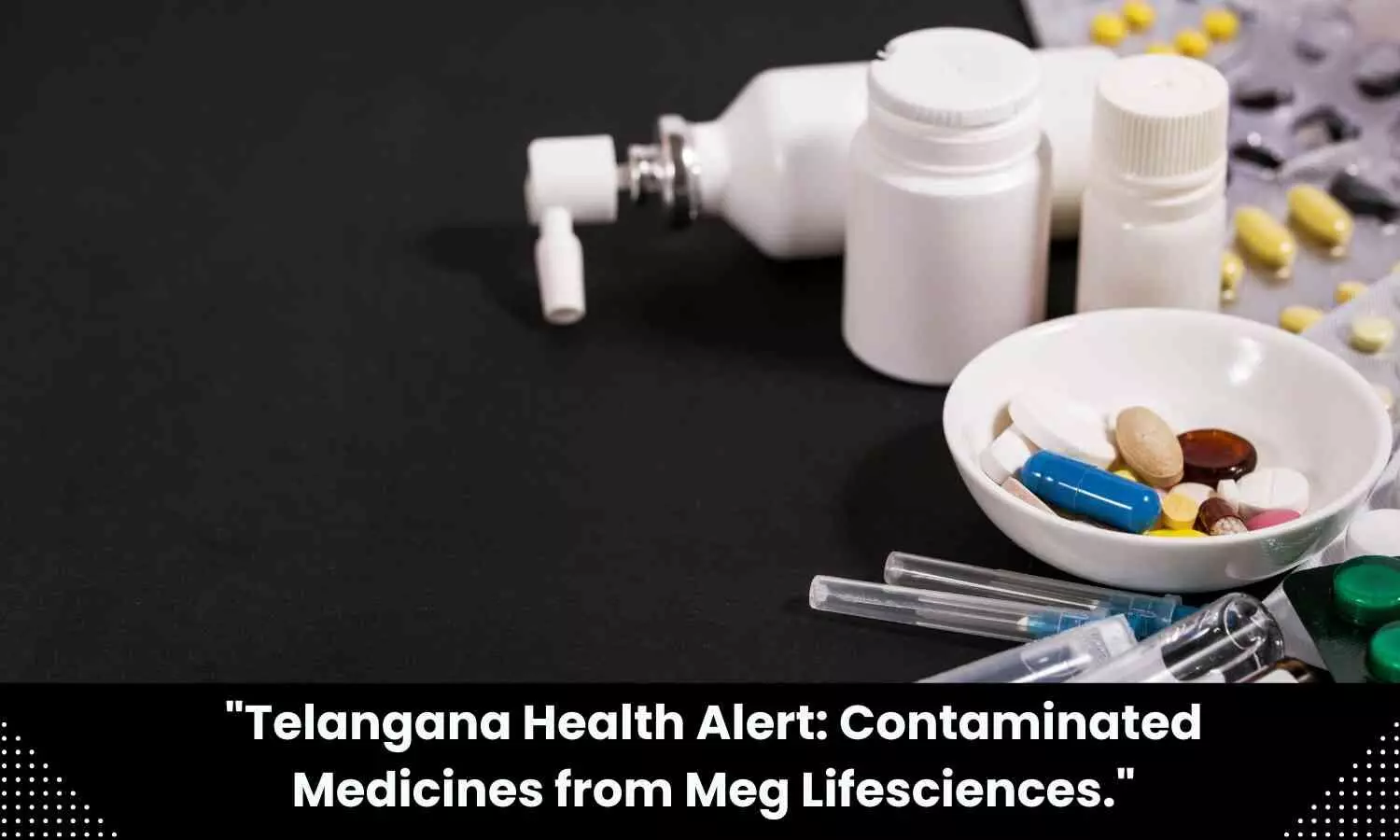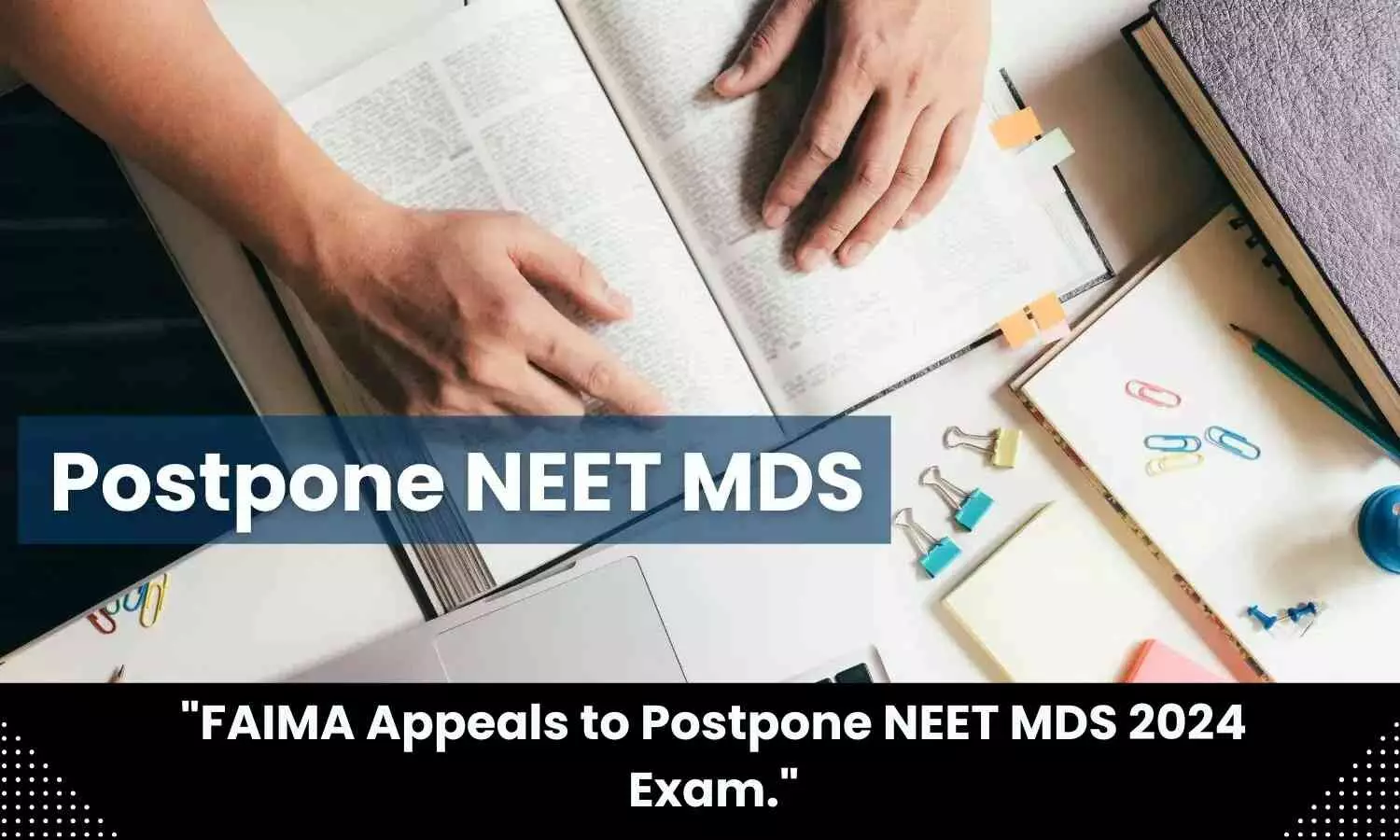Childhood tonsillectomy not tied to obesity or overweight in adulthood: Study
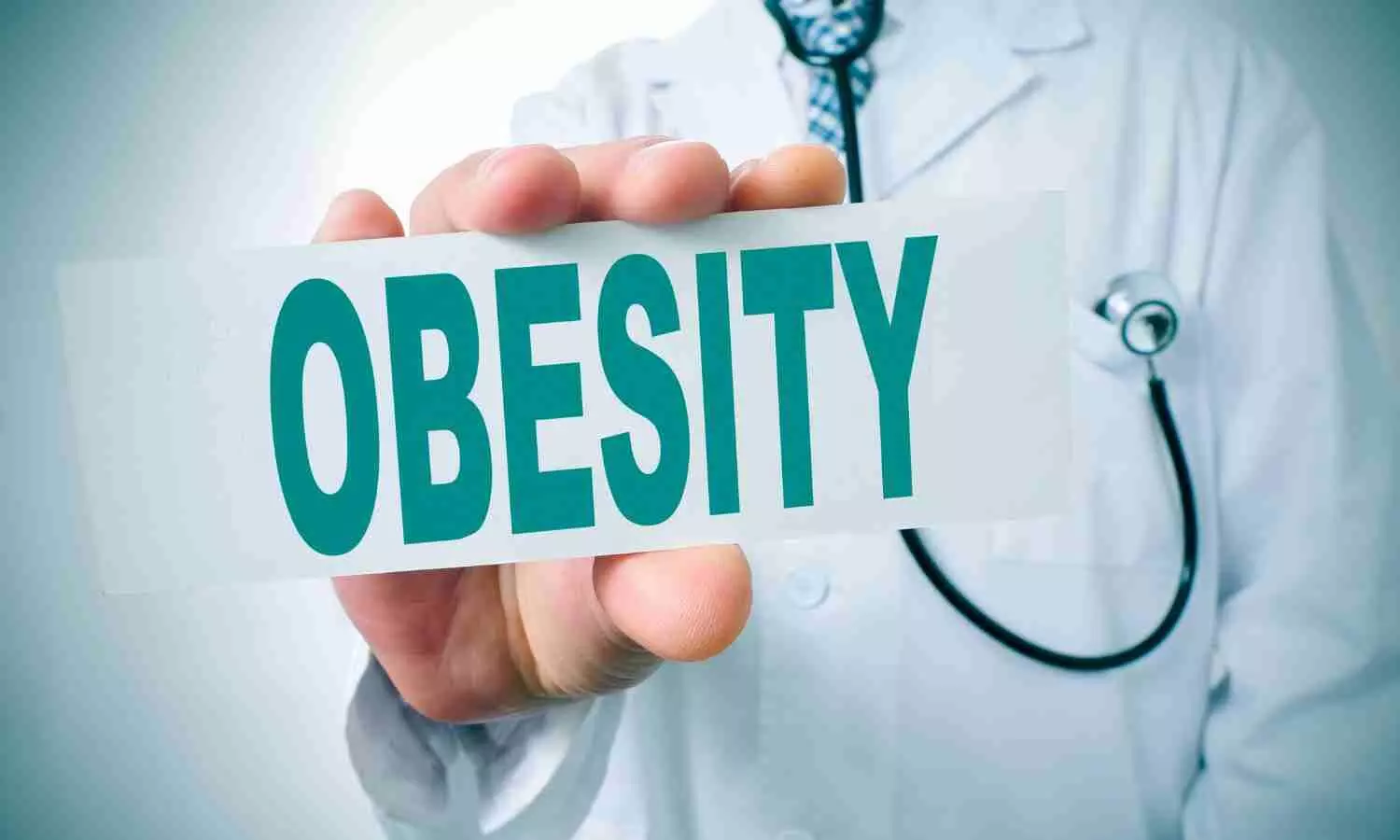
Israel: A recent study published in the prestigious American Journal of Respiratory and Critical Care Medicine revealed that tonsillectomy in children with obstructive sleep apnea (OSA) does not increase the risk of obesity/overweight in adulthood.
The study, conducted by Ben-Gurion University of the Negev and Soroka University Medical Center, supports tonsillectomy as the primary treatment for obstructive sleep apnea, emphasizing its health benefits and the lack of association with increased obesity risk in adulthood.
A tonsillectomy is surgery for tonsils removal. Tonsils are lumps of tissue on both sides of the back of the throat that protect the body from infections by helping the immune system. Tonsillectomy is one of the most common surgeries kids and teens get.
Obstructive sleep apnea affects 6% of children and is associated with behavioural and learning difficulties. Tonsil surgery is the primary treatment for OSA. However, the medical literature and affected families have raised concerns about post-surgery weight gain and risk for obesity.
A new study by Prof. Aviv Goldbart, Prof. Ariel Tarasiuk, and Dr. Ran Abuhasira at the Faculty of Health Sciences, Ben-Gurion University and Soroka University Medical Center investigated the effects of childhood tonsillectomy on body weight in adulthood.
Their research discovered in 132 children that tonsillectomy (vs. 127 who chose not to perform surgery) did not increase the risk of obesity in adulthood. This long-term study followed children who underwent a whole night sleep study at the Sleep-Wake Disorders Unit of Soroka University Medical Center in 1998, utilizing the databases of Clalit Health Services.
This study supports tonsillectomy as the primary treatment for OSA, emphasizing its health benefits and the lack of association with increased obesity risk in adulthood.
Reference:
Aviv D. Goldbart , Ran Abuhasira , Adi Shiloh , Jacov Even-Tsur , and Ariel Tarasiuk, Childhood Adenotonsillectomy Does Not Increase the Risk of Being Overweight in Adulthood, American Journal of Respiratory and Critical Care Medicine, https://doi.org/10.1164/rccm.202311-2175LE.
Powered by WPeMatico

